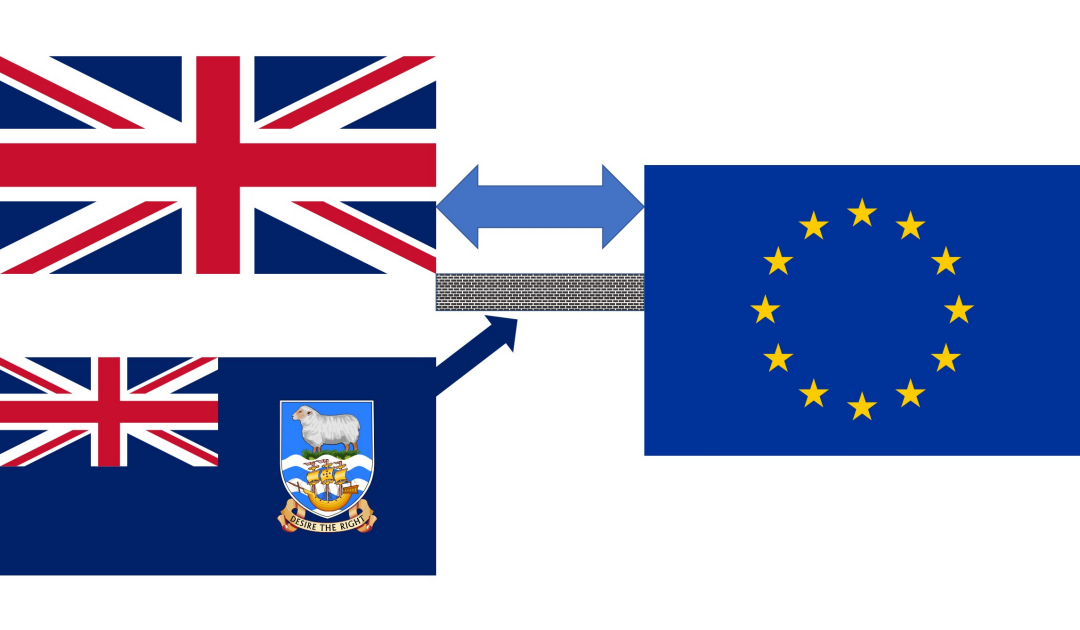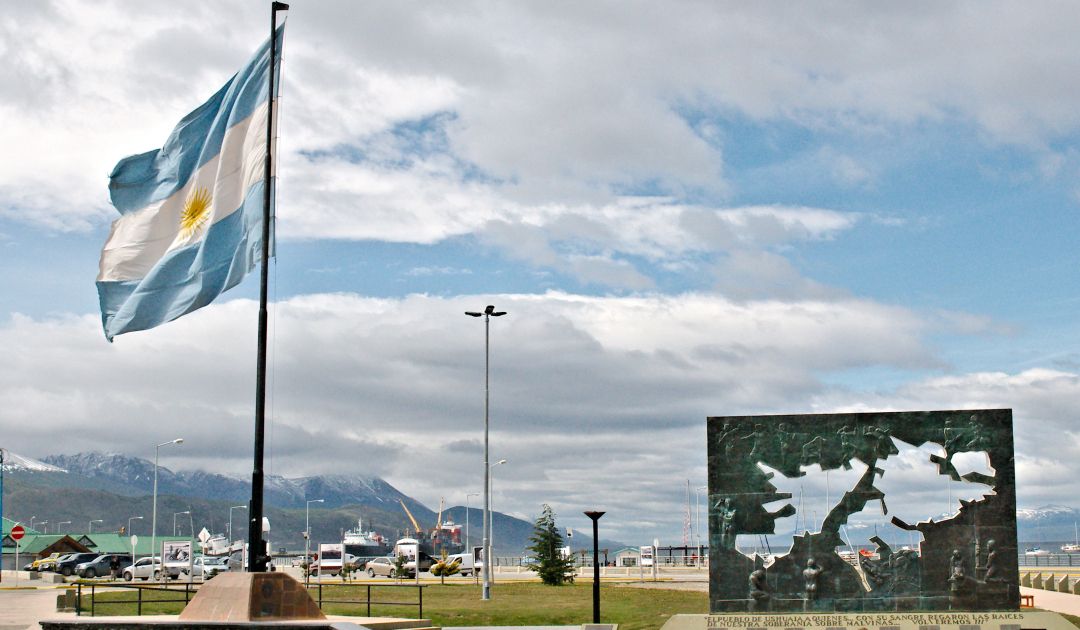UPDATE: The Falkland Islands Fishing Companies Association (FIFCA) has issued a press release expressing its disappointment on the negotiated agreement between the EU and the UK. According to FIFCA, from January 1, 2021, fisheries exports from the Falklands to the EU will be subject to external tariffs of between 6 and 8 per cent. These so-called Common External Tariffs will make the products noticeably more expensive. FIFCA states that this will have an immediate tangible impact on the Falkland Islands fisheries. They are also working with the islands’ administration to obtain information from the government in London on how it intends to mitigate the impact.
The full press release was published by Mercopress newspaper.

Ever since Britain decided to leave the EU and go its own way, there had been uncertainty in the Falkland Islands about the future. This is because the British Overseas Territory’s trade benefited from the UK’s membership of the EU. This is over now. Te reason for this is that the last-minute deal negotiated between Brussels and London on trade relations, including fisheries, does not apply to British overseas territories such as the Falkland Islands.
The 1,246-page document, which redefines the relationship between Britain and the European Union, states that the agreement applies only to the territory of the United Kingdom, but not “to the overseas territories having special relations with the United Kingdom”. Among others, the Falkland Islands, South Georgia and the South Sandwich Islands are listed there. The remaining Atlantic islands such as Ascension and Tristan da Cunha are also on the list of exceptions. This means that trade relations, such as tariffs and quota exemptions, which will apply in the future if the new rules on declaration of origin are met, will not automatically apply to the Falkland Islands.

The disappointment that the government in London looked after the motherland first and ahd feathered its own nest first is unlikely to have caused Christmas-like feelings towards Premier Johnson in Stanley and the other main towns of British Overseas Territories. For a long time, the administration and MPs in Stanley had been lobbying to be included in the negotiations. This is because without an agreement with the EU, the Falkland Islands will be subject to high tariffs and other trade barriers from 1 January 2021. And it is unlikely that an agreement will be reached on the various points of discussion in the few days remaining before that deadline. Because in addition to trade, it is also about certifications, declarations, rights and obligations.

The Falkland Islands have not only sold their products to the EU, but also purchased many things from there. For example, new fishing vessels have been built in Spain to help manage fisheries in homeland waters to meet EU standards and thus products can be certified and sold accordingly. Other products such as wool, once the islands’ main export, were also sold to Europe. At the same time, European companies are interested in the newly discovered resource fields in the waters around the Falkland archipelago. This is another point that will probably have to be renegotiated. And time is of the essence.

The government in Buenos Aires is likely to be the benefiting thrid party. Because the administration around President Fernandez and Vice-President Kirchner tries to isolate the Falkland Islands again and to consolidate its own claim to power. During a virtual meeting between Argentine Foreign Minister Federico Sola and his Portuguese counterpart Augusto Santos, the former called on Portugal to recognise the Falkland Islands as a “litigation zone and not a British Overseas Territory” during its EU Presidency in the first half of 2021. Corresponding demands have also been made on other European states, as reported by the Mercopress newspaper. In addition, Argentina had already repeatedly called on the remaining Mercosur states not to allow ships from the Falkland Islands or South Georgia into their ports. With Argentina taking over the presidency of the South American Economic Confederation in January and already having declared the Falklands issue as one of the main topics of its presidency, the new year is unlikely to get off to a rosy start for the islands and their inhabitants. But maybe last minute rescue will come, as it did for the UK.
Dr Michael Wenger, PolarJournal
More on the subject:





